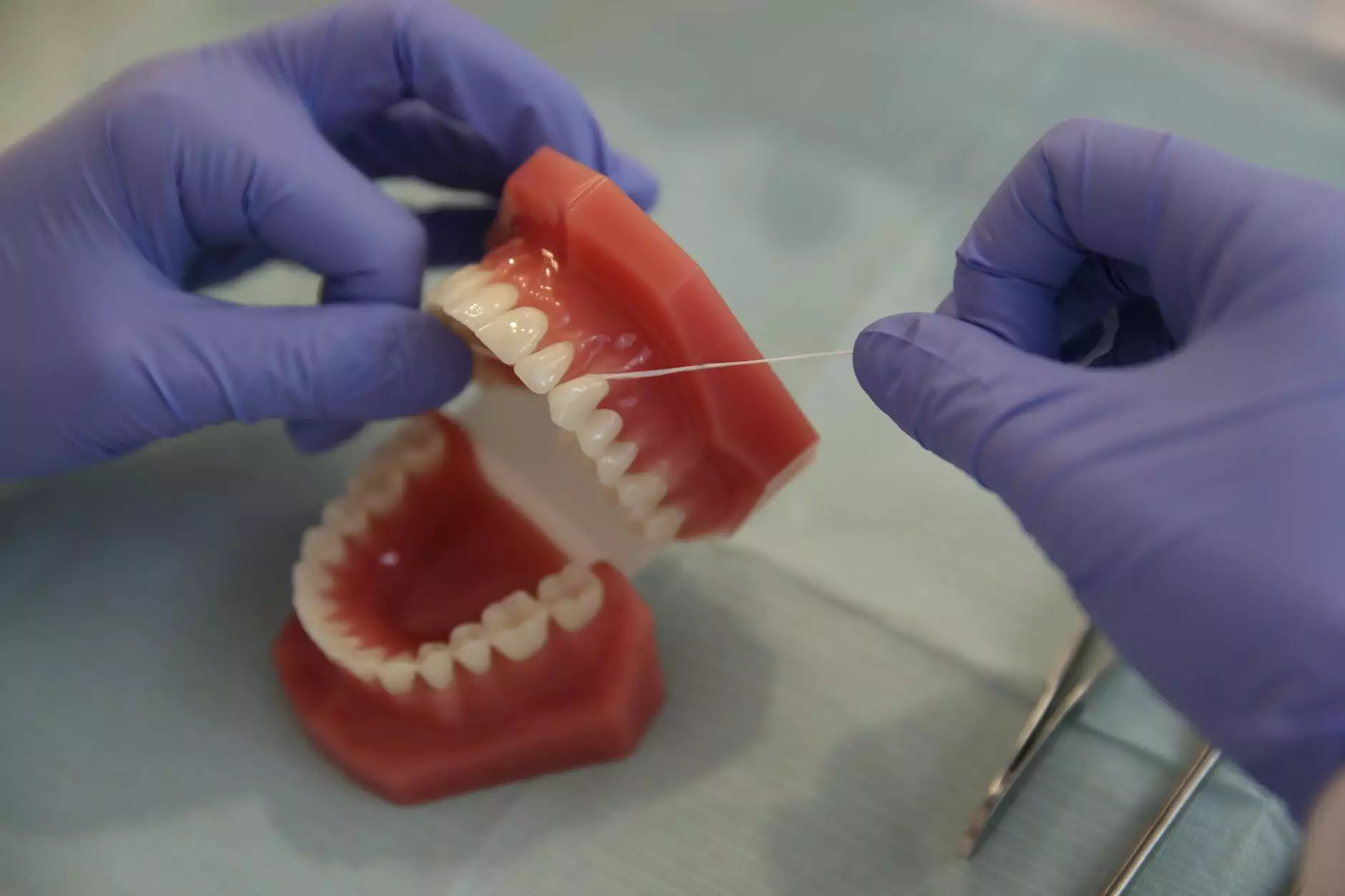The Ultimate Guide to Advanced Medical Coding Courses

Understanding Medical Coding
In the ever-evolving medical field, medical coding plays a crucial role in ensuring that healthcare providers are reimbursed for their services. Medical coding is the process of converting healthcare diagnoses, procedures, and services into universal medical alphanumeric codes. This not only streamlines billing but also enhances the overall quality of healthcare delivery.
As the demand for healthcare services continues to soar, so does the need for skilled medical coders. An advanced medical coding course equips you with the knowledge and skills necessary to thrive in this essential field.
Why Enroll in an Advanced Medical Coding Course?
Embarking on an advanced medical coding course can significantly boost your career prospects and expertise. Here are several compelling reasons to consider this educational path:
- Enhanced Knowledge: Delve deeper into the complexities of coding systems like ICD-10, CPT, and HCPCS Level II.
- Career Advancement: Gain credentials that can make you a desirable candidate for higher-paying positions.
- Stay Updated: Learn about the latest regulations, technologies, and coding practices affecting the healthcare industry.
- Networking Opportunities: Engage with professionals and continue your education through industry connections.
What You Will Learn in an Advanced Medical Coding Course
The curriculum in an advanced medical coding course is designed to provide a comprehensive understanding of medical coding. Below are some critical topics that you will cover:
1. In-Depth Coding Systems
The course will explore in detail the major coding systems, such as:
- ICD-10-CM (International Classification of Diseases, Tenth Revision, Clinical Modification): Learn to accurately code diseases and health-related issues.
- CPT (Current Procedural Terminology): Understand procedures, services, and clinical documentation.
- HCPCS (Healthcare Common Procedure Coding System): Master coding for medical accessories, drugs, and outpatient procedures.
2. Regulatory Compliance
Understanding the regulatory environment is essential in medical coding. You will learn about:
- HIPAA (Health Insurance Portability and Accountability Act) and its implications for patient privacy.
- The importance of compliance in coding and billing processes.
3. Advanced Coding Techniques
Improve your coding skills with advanced techniques, including:
- Diagnostic coding practices and tips for accuracy.
- Modifier usage to provide additional context for procedures.
4. Real-World Application through Case Studies
Many courses offer hands-on experience through case studies that reflect real-world scenarios faced by coders. This approach helps you apply theoretical knowledge in practical settings.
Career Opportunities After Completing an Advanced Medical Coding Course
Obtaining your certification through an advanced medical coding course opens many doors in the medical coding field. Here are a few career paths you can explore:
- Medical Coding Specialist: Responsible for converting healthcare services into applicable codes.
- Compliance Officer: Ensures coding practices are aligned with legal and institutional policies.
- Medical Billing Manager: Oversees the billing department and coordinates coding accuracy for revenue cycle efficiency.
- Healthcare Consultant: Provides expertise on coding practices and compliance measures to healthcare organizations.
Where to Find Advanced Medical Coding Courses
When considering an advanced medical coding course, look for reputable institutions that offer comprehensive training. One of the leading providers is PMBA USA. With a commitment to excellence, PMBA USA offers a range of courses tailored to both beginners and experienced coders alike.
Reasons to Choose PMBA USA
Here’s why PMBA USA stands out:
- Experienced Instructors: Learn from seasoned professionals who bring real-world experience into the classroom.
- Flexible Learning Options: Choose online or in-person classes that fit your schedule.
- Career Support Services: Benefit from resume assistance and job placement services after graduation.
The Importance of Certification
While completing an advanced medical coding course provides you with knowledge, obtaining certification is critical for career advancement. Certifications such as Certified Professional Coder (CPC) or Qualified Healthcare Provider Coder (QHPC) can set you apart in a competitive job market. Employers prefer candidates who demonstrate a commitment to their profession through certification.
Conclusion: Invest in Your Future with Advanced Medical Coding Education
The landscape of healthcare is rapidly changing, and with it, the demand for skilled medical coders continues to rise. By enrolling in an advanced medical coding course, you position yourself to be a valuable asset in this critical field. Take the first step towards a rewarding career in healthcare today by exploring the courses available at PMBA USA. Your future in medical coding awaits!
Additional Resources
If you want to learn more about advancing your career in medical coding, consider these resources:
- AAPC - American Academy of Professional Coders
- AHIMA - American Health Information Management Association
- Coding Certification - Professional Medical Coding Resources









